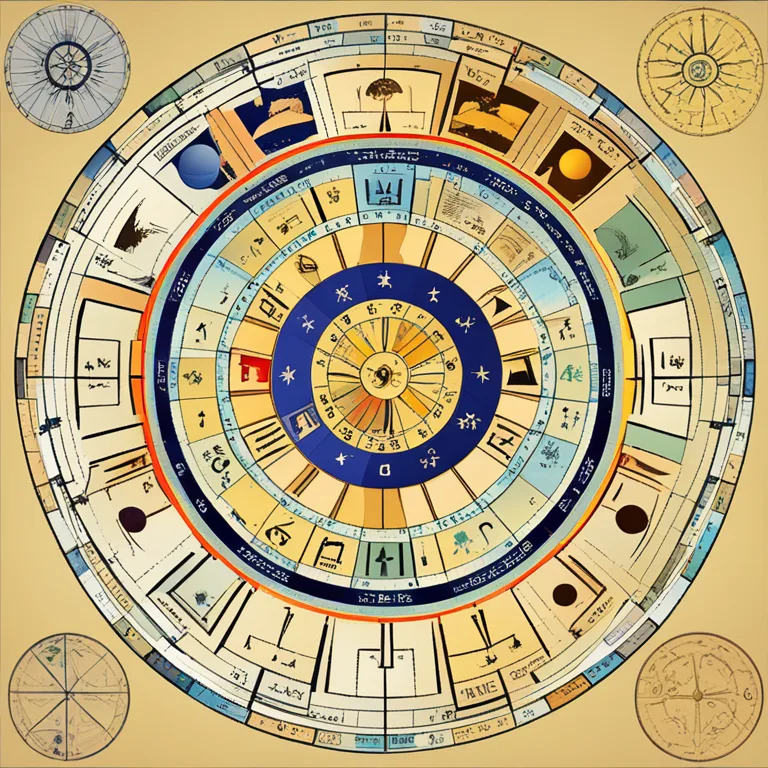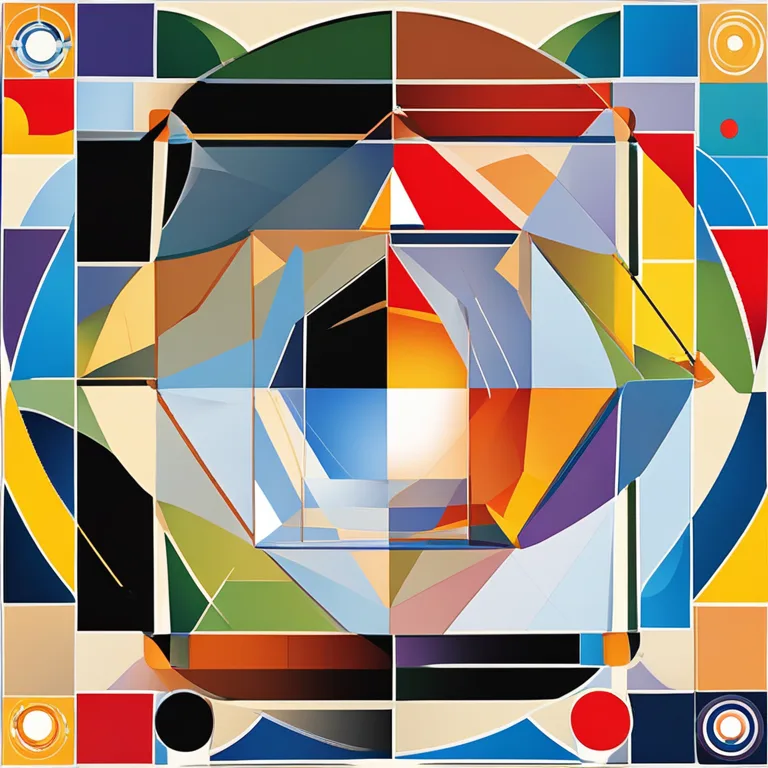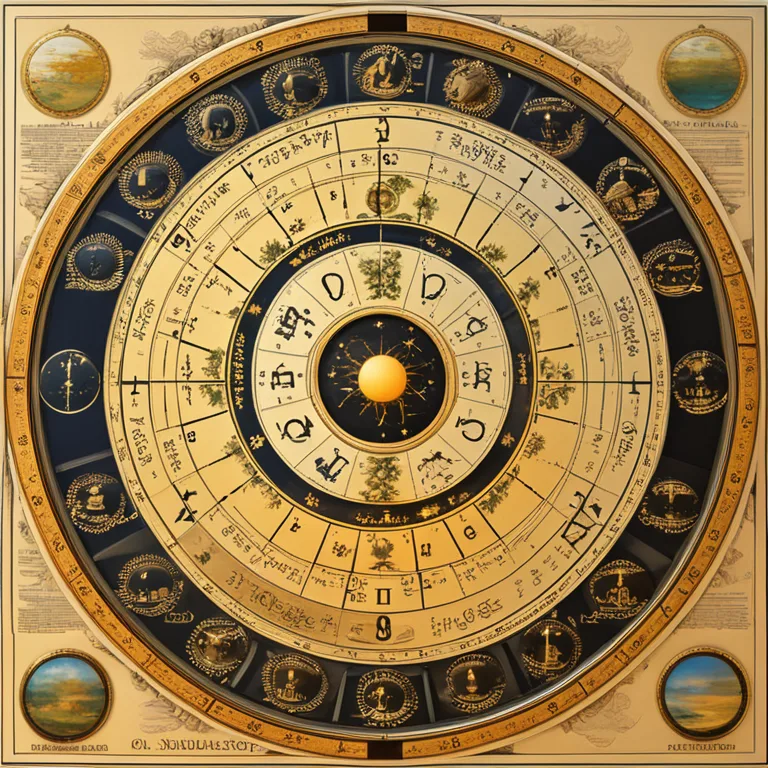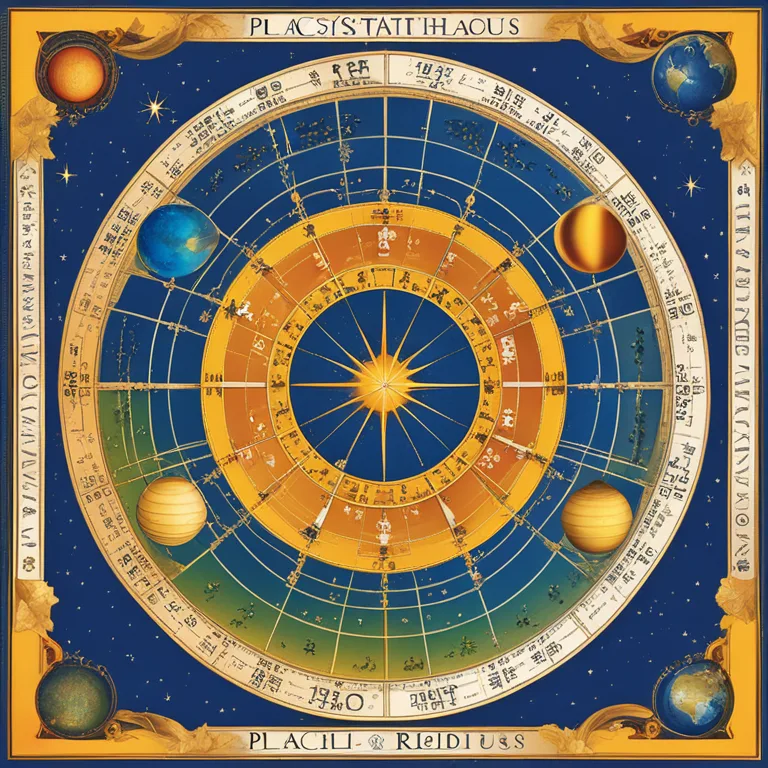
The Best Astrology House System
Discover the optimal house system in astrology for accurate chart interpretation and personalized insights.
article by Priya Deshmukh
Introduction to House Systems
Understanding astrology involves more than just knowing your sun sign; the house system used can significantly influence a reading. Astrological houses represent different areas of life, and the system used to calculate them can affect the interpretation of a natal chart. While no system is unanimously considered "the best," some are more popular and widely used than others. As we move into 2024 and beyond, the choice of house system continues to be a personalized decision based on the astrologer's philosophies and the specific questions at hand.

Placidus: The Widely Used System
Placidus, arguably the most commonly used house system in the Western world, has been prevalent since the 17th century. Its popularity is partly due to its availability in most astrology software. This time-based system divides the chart into twelve houses based on the daily rotation of the Earth. The Placidus system is known for its precise approach to periods of life and developmental stages, which could be increasingly relevant in personal readings in 2024 and the years that follow.

Whole Sign Houses: A Simpler Approach
An alternative to the Placidus system is the Whole Sign House system, which assigns the entire sign to a house, making it straightforward and easy to follow. Each house begins at 0 degrees of a zodiac sign, eliminating the complexities of uneven house sizes. As simplicity in understanding one's natal chart becomes more popular post-2023, the Whole Sign House system may gain more followers for its clear-cut and accessible style.

Equal House System: Uniformity in Astrology
The Equal House system, another option for astrologers, starts the first house at the Ascendant's degree and divides the chart into twelve equal 30-degree segments. This system emphasizes the equality of life areas and is sometimes chosen for its symmetrical approach. The Equal House system may resonate in forecasting as it provides a balanced view of emerging trends and personal developments.

Koch and Porphyry: Alternatives to Consider
Other systems, like Koch (birthplace-based) or Porphyry (triangular division), also serve specific purposes. Koch, with its reliance on the birthplace, offers personalized insight that could become more sought-after with the increasing emphasis on individualized astrological readings. Meanwhile, the Porphyry system's simplicity in geometrically dividing the quadrants can be an alternative for those looking into relationships and compatibility in the coming years.
Choosing the Right House System
In choosing the best house system, one must consider the type of reading, cultural context, and personal preference. While there's no one-size-fits-all answer, experimenting and learning through the different systems can provide a fulfilling astrological journey. As we delve into the astrological realms of 2024 and beyond, staying open to various systems could unveil new layers of understanding in an ever-evolving discipline.
Conclusion: An Individualized Decision
Ultimately, the decision about which house system is best is deeply personal. It may depend on the traditions one follows or the particular queries being asked of the stars. Astrology enthusiasts should seek guidance from reputable astrologers and experiment with different systems to discover which resonates most. As the cosmos continue to dance and shift, remaining adaptable and informed is crucial for providing the most accurate and meaningful astrological insights.
Published: 12/19/2023
Modified: 12/19/2023
More predictions
Come back here soon to learn more about yourself and your future


Finding Your Astrology Houses
Learn the basics of identifying and interpreting the houses in your astrological chart for insights into different areas of your life.


Interpreting Empty Houses In Astrology
Learn the significance of empty houses in your astrological chart and how they influence your life path and personal growth.


Your Astrological Houses Guide
Discover the role and influence of houses in astrology, and learn which houses you reside in for a deeper celestial understanding.